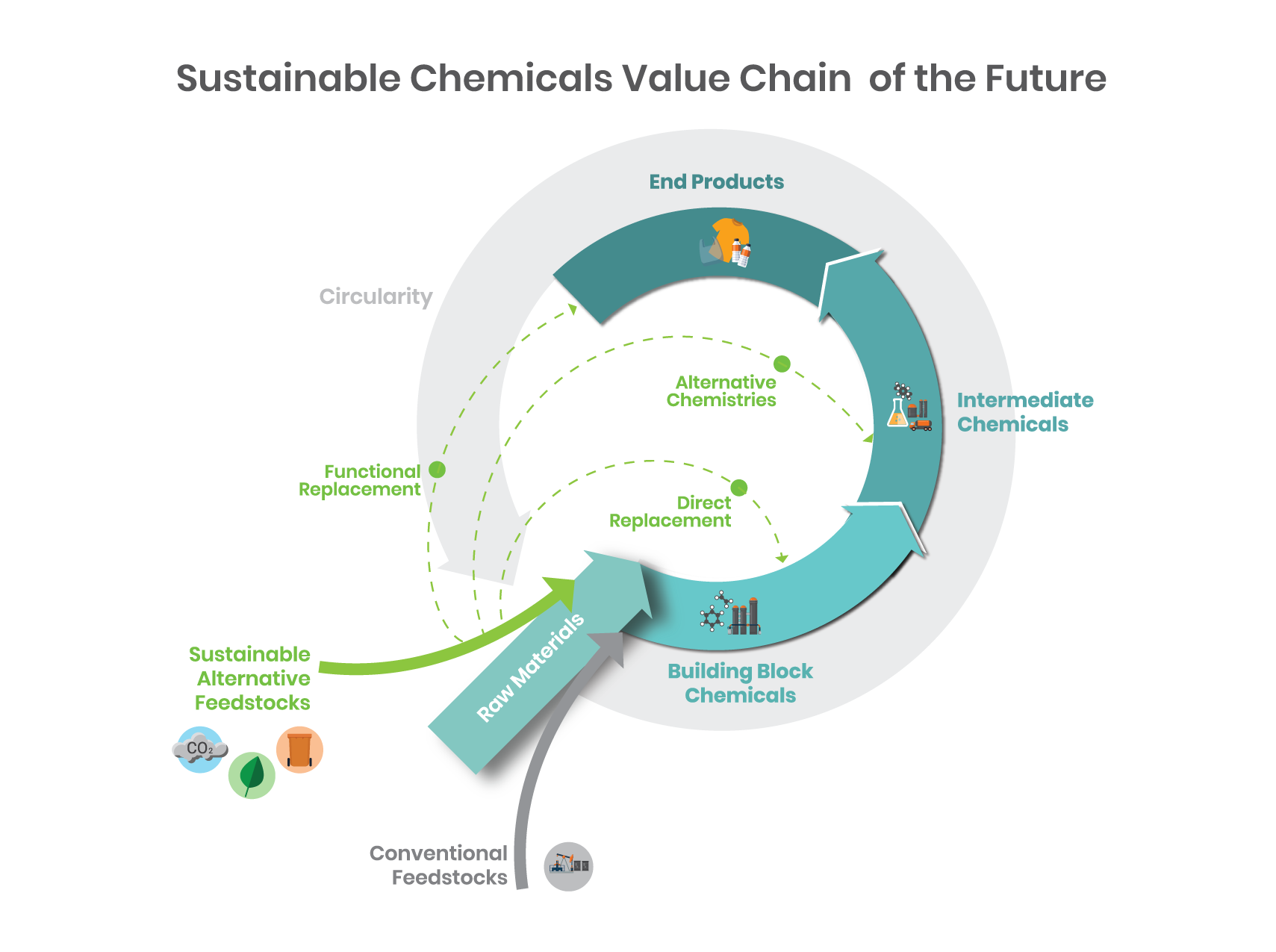Understanding the Crucial Aspects to Consider When Selecting Chemical Products for Integrated Solutions in Different Industries
In the procedure of selecting chemical products for integrated remedies throughout numerous industries, a nuanced understanding of vital aspects is paramount. Governing compliance stands as a foundational aspect, guaranteeing positioning with both local and worldwide standards. Similarly crucial are security and managing methods that secure workers while decreasing functional dangers. As organizations pursue efficiency, assessing performance metrics and thinking about total price of ownership come to be important to notified decision-making. The implications of ecological effect introduce an added layer of complexity that requires more exploration. What various other measurements might affect these choices?
Regulative Compliance
Regulative compliance is a critical part in the choice of chemical items for integrated solutions. It includes adherence to a myriad of local, national, and international regulations that govern the manufacture, transport, use, and disposal of chemical substances. Organizations should guarantee that the chemical products they pick not just meet these regulatory requirements but additionally align with market criteria to alleviate lawful and economic threats.
The governing landscape is intricate, often encompassing guidelines from firms such as the Environmental Security Agency (EPA), Occupational Safety and Wellness Management (OSHA), and the European Chemicals Firm (ECHA) Compliance demands comprehensive paperwork, including safety and security information sheets (SDS), labeling demands, and threat assessments (Chemical Products). Failing to conform can result in extreme fines, consisting of penalties and permissions, and can compromise the security and stability of incorporated remedies
Moreover, proactive conformity fosters trust fund and transparency with stakeholders, including customers and regulatory bodies. As markets significantly emphasize sustainability and environmental obligation, choosing compliant chemical products is not just a legal responsibility however a strategic critical that enhances business reputation and competitiveness in the market. As a result, companies should focus on regulative conformity in their choice processes to make certain long-term success.
Safety and Handling

Additionally, companies must purchase comprehensive training programs for workers that deal with these chemicals. Such training ought to cover the appropriate usage of individual protective equipment (PPE), emergency action treatments, and safe storage space practices. Security Information Sheets (SDS) should be readily accessible to all personnel, providing vital info on handling, storage space, and emergency situation actions.
Implementing a durable supply monitoring system is additionally important to track the use and expiration of chemical products, therefore lowering the likelihood of accidents. Normal audits and inspections can help ensure compliance with security requirements and determine possibilities for improvement. Chemical Products. By prioritizing safety and security and managing procedures, companies can promote a society of security that protects their employees, the atmosphere, and the honesty of their integrated solutions
Performance Metrics

In addition, the assessment of physical residential or commercial properties such as thickness, solubility, and thermal security is necessary, as these attributes can significantly influence the efficiency of chemical services. In addition, the ecological impact of chemical items is a significantly crucial metric, including factors such as biodegradability and poisoning, which play an essential role in sustainable techniques.
Examining performance metrics also entails taking into consideration user comments and real-world application data to ensure that the chemical items execute under varying problems. Ultimately, an extensive understanding of these metrics allows organizations to wikipedia reference make informed decisions, making sure the picked chemical items not only meet regulative requirements but likewise offer optimal performance in integrated services tailored to their certain sector requirements.
Price Factors To Consider
When assessing chemical items for integrated options, price factors to consider typically drive the decision-making procedure. Organizations should carefully evaluate not only the initial acquisition cost of chemicals however also their overall expense of ownership, which consists of functional, upkeep, and disposal prices. A thorough understanding of these elements allows organizations to make educated choices that line up with their financial constraints.
Additionally, it is vital to review the possibility for volume discounts or long-term contracts with suppliers, which can considerably decrease expenses in time. Business need to likewise think about the scalability of chemical products, as those that accommodate future growth can supply far better worth in the lengthy run.
Moreover, efficient cost administration involves examining the influence of chemical product choice on performance and efficiency. While lower-cost choices may appear appealing initially, they can bring about raised downtime or decreased efficiency, inevitably influencing the bottom line. Therefore, companies must balance price with efficiency to make certain that their chemical product choices contribute positively to their integrated options.
Ecological Impact
Expense considerations play a significant duty in the choice of chemical products, yet organizations need to likewise focus on the ecological impact of their options. The environmental footprint of chemical materials can have far-reaching repercussions, affecting air top quality, water sources, and biodiversity. Business should perform detailed analyses of the ecological accounts of potential items, concentrating on aspects such as toxicity, biodegradability, and the possibility for contamination.
Organizations ought to take into consideration alternatives with reduced environmental dangers, such as environment-friendly formulas or normally derived chemicals, which can reduce adverse results. Compliance with governing structures and sustainability accreditations can direct the selection process, making sure that products straighten with both legal demands and company social obligation objectives.
Implementing life process evaluations (LCAs) can also offer useful insights into the long-lasting ecological impacts of chemical products, from manufacturing to disposal - Chemical Products. This detailed approach aids companies in making educated decisions, stabilizing performance and sustainability. In a progressively eco-conscious market, prioritizing ecological impact not just enhances brand online reputation yet likewise adds to a competitive benefit, promoting this hyperlink strength in a landscape where sustainability is extremely important
Verdict
To conclude, selecting chemical products for incorporated solutions needs a thorough examination of regulatory compliance, security and handling procedures, efficiency metrics, price factors to consider, and ecological influence. By carefully stabilizing these crucial elements, companies can boost functional efficiency and make sure adherence to market requirements. Inevitably, notified Recommended Site decision-making in the option procedure not just fosters sustainability yet also strengthens brand track record, adding to long-lasting success across different industries.